Over the last few years, veganism has hit the mainstream apace. A perfect storm of burgeoning interest in animal welfare, deepening environmental concerns, and mounting focus on personal health is driving more and more people to embrace a plant-based lifestyle. That being so, growing numbers of wine consumers are looking for improved transparency from brands and demanding verification that their bottles are as vegan-friendly as their golden tofu curry or fried jackfruit.
The good news for vegans is that wine brands are adapting to the soaring public curiosity in veganism with incredible speed and agility. Take a tour of any major wine retailer or high street store and you’ll likely be able to identify a vast selection of vegan agreeable wines. The V-Label – the internationally recognized symbol for labeling vegan and vegetarian products – is becoming increasingly prominent as wineries race to cater to this evolving and lucrative market.
So, the question then, is at what point does a drink that is essentially fermented fruit become unsuitable for vegan adopters?
It all comes down to production techniques whereby certain animal-derived fining agents are added to the wine to enhance its properties.
During the fermentation process as the grape juice matures and yeasts convert the fruit’s natural sugars into alcohol, tiny molecules in the form of protein, tartrates, tannins, and phenolics appear in the wine creating a hazy appearance. These are all completely natural by-products of winemaking and in no way harmful to consume, yet it is desirable for winemakers to extract these particles in order to soften any astringent character and ensure their wines have optimum clarification.
To do this, fining additives are introduced to the wine to physically bind the organic molecules together and create fewer but larger particles that can then be more easily removed. And here is the problem. Many of the traditional agents used in this operation include animal derivatives such as egg whites, isinglass (ground fish bladders), casein (milk protein), chitin (crustacean shell fibers), or gelatin. While these processing aids are precipitated out of the wine before it is bottled, the simple fact that they were used is enough for the wine to be off-limits for those converted to veganism.
Things are getting better for vegan wine drinkers now, however. Today there are myriad winemakers across the globe employing natural fining agents to remove unwanted molecules, the most popular of which include bentonite clay, activated charcoal, silica gel, and pea gelatine. Additionally, there is an emerging movement among some wineries to go one step further and leave their wines to rest and clarify naturally, unfiltered. Wines produced in this way rely on gravity bringing the sediment to the bottom of the barrel over a couple of years, after which the clear wine is siphoned off the cloudy wine below. As both of these approaches become increasingly commonplace, vegan-friendly wines are no longer in short supply.
Here at Grupo Colomé, we have long been pioneers in this space. Our team is deeply invested in crafting wines with minimal intervention and without the use of any animal-derived ingredients. It is a source of great pride that our wines carry the V-Label and they are a testament to our uncompromising commitment to working sustainably in harmony with the environment.



